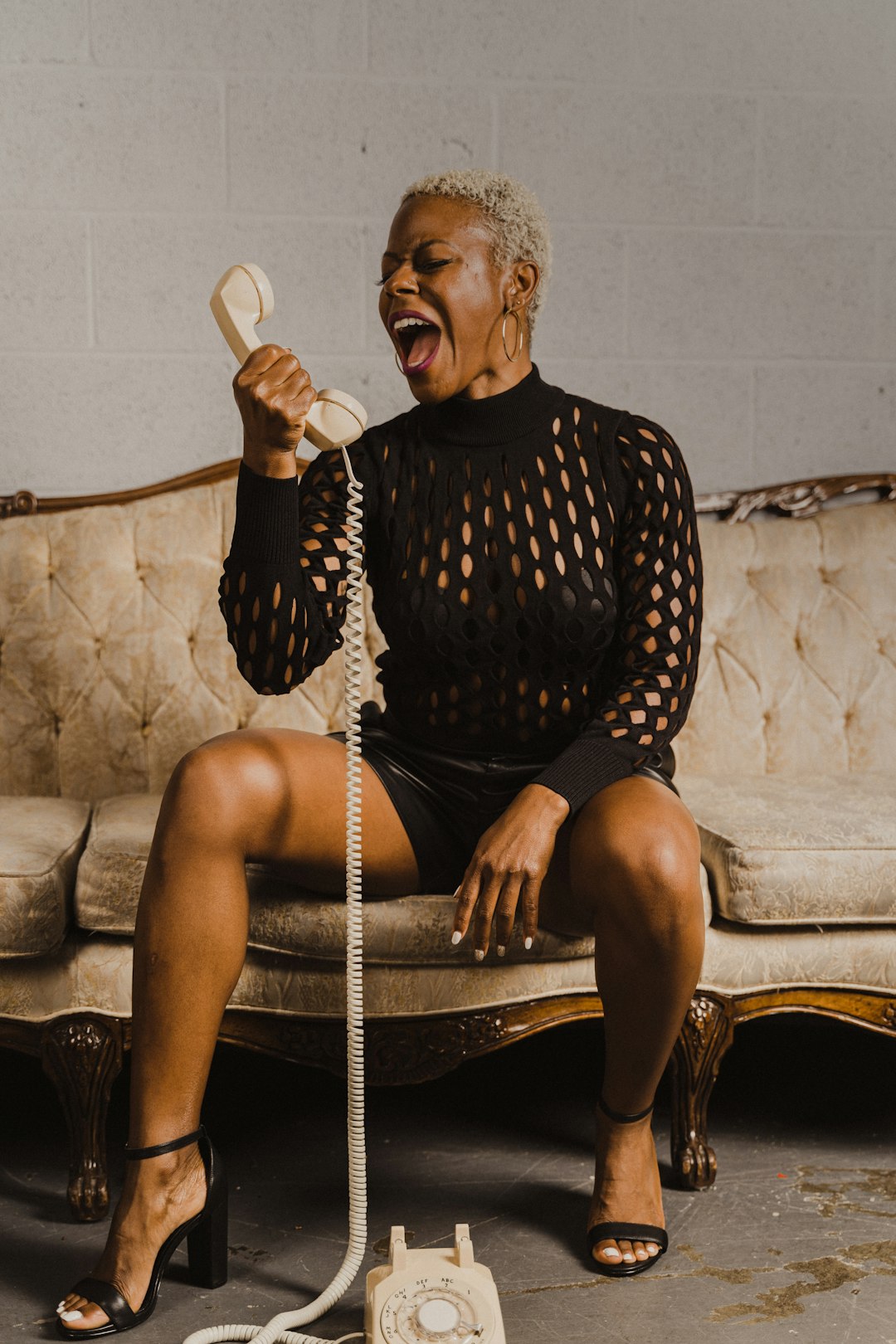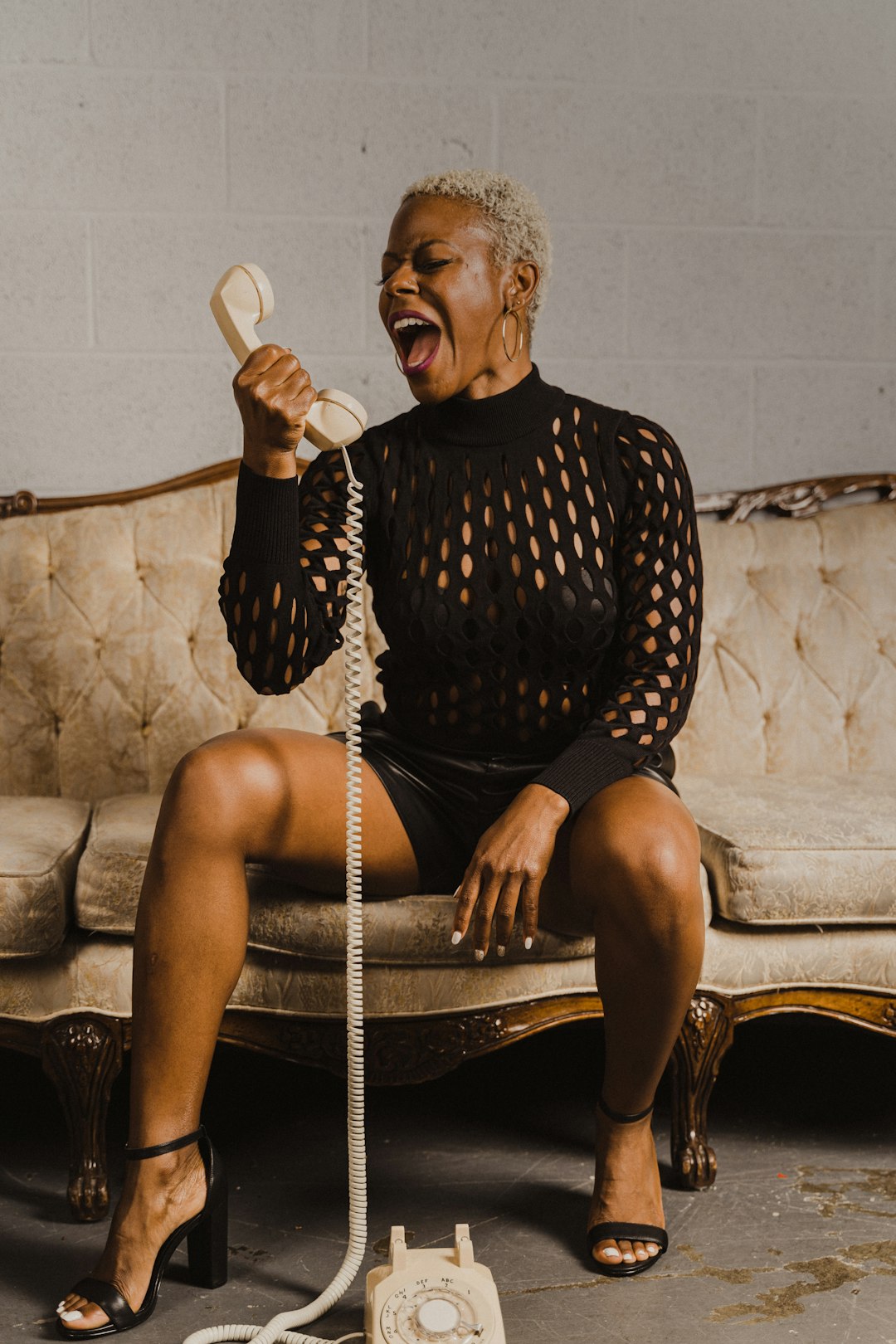New Yorkers facing debt collection issues are protected by federal and state laws like the FDCPA and New York's "Do Not Call" regulation, which bans law firms from harassing phone calls. You have the right to verify debts, contest amounts, and stop communication until resolved. Document interactions and consider free or low-cost legal aid from organizations like the Legal Aid Society or the New York State Attorney General's Office for abusive practices. Filing complaints with regulatory agencies helps hold debt collectors accountable.
In New York, understanding your rights and the legal framework surrounding debt collection is crucial. This comprehensive guide explores the intricate aspects of navigating debt collection issues within the state’s unique regulations. From comprehending New York’s Debt Collection Laws to knowing your rights against aggressive collectors, this article equips you with essential knowledge. Learn about the Do Not Call laws, discover available Legal Aid options for low-income debtors, and find out how to file complaints against abusive collectors in New York. Accessing these legal resources can empower you to assert control over your financial situation.
Understanding New York's Debt Collection Laws

In New York, debt collection laws are governed by both state and federal regulations, ensuring consumers have protections against aggressive or unfair practices. Understanding these laws is crucial for individuals facing debt collection issues. One key aspect is the “Do Not Call” law, which prohibits law firms from making harassing phone calls to consumers. This includes repeated calls, calls at unreasonable times, or using abusive language.
New York also has strict rules regarding the validation of debts and the process of debt collection. Debt collectors must provide proof of the debt and are limited in their efforts to collect. Consumers have rights to dispute the debt and request verification from the collector. Knowing these laws empowers individuals to protect themselves and understand their options when dealing with debt collection agencies in New York.
Your Rights When Dealt with Debt Collectors

When facing debt collection issues in New York, it’s crucial to understand your rights. Federal laws, such as the Fair Debt Collection Practices Act (FDCPA), protect consumers from abusive or unfair practices by debt collectors. These include restrictions on when and how often they can contact you, requiring validation of the debt, and prohibiting false or misleading statements.
In New York, additional protections are offered through state laws that govern debt collection agencies. Consumers have the right to request verification of the debt, contest the amount, and stop communication from collectors until the issue is resolved. It’s advisable not to engage with collector calls by directly telling them you wish to be ‘Do Not Call’ listed for law firms in New York, as this may trigger different procedures. Instead, focus on understanding your rights and documenting all interactions for potential legal action if necessary.
Navigating Do Not Call Regulations in NY

In New York, consumers have protections against aggressive debt collection practices, including a robust “Do Not Call” regulation specifically targeting law firms. The Do Not Call Law, part of the state’s Consumer Protection Act, restricts telemarketing calls to residents who have registered their phone numbers on the official Do Not Call list. This means that once you register your number, law firms engaging in debt collection activities are prohibited from calling you unless they have your prior express consent.
New York’s Do Not Call Law is a powerful tool for consumers dealing with debt collection issues. By registering your number and understanding your rights, you can significantly reduce unwanted calls from law firms seeking to collect debts. Remember, this regulation ensures that debt collectors respect your privacy and communication preferences, providing some relief in an otherwise stressful situation.
Legal Aid Options for Low-Income Debtors

Low-income debtors in New York have several legal aid options available to them, bypassing the need to call law firms. Organizations like the Legal Aid Society offer free or low-cost legal services to those who qualify. These services cover a range of debt collection issues, providing representation and guidance to ensure fairness and protect consumer rights.
For specific cases involving debt collection abuses, such as harassment, false claims, or excessive fees, the New York State Attorney General’s Office provides resources and assistance. They offer protections and remedies for consumers facing debt collection problems, ensuring that legal aid is accessible without the financial burden often associated with private law firms.
Filing Complaints Against Abusive Collectors

In New York, individuals facing abusive debt collection practices have legal recourse. One powerful tool is filing complaints with regulatory agencies like the New York State Attorney General’s Office, which actively monitors and enforces debt collection laws. Additionally, the Federal Trade Commission (FTC) offers resources and handles complaints about unfair or deceptive collection methods.
Filing a complaint can be a step towards holding abusive collectors accountable. By doing so, individuals not only protect themselves but also contribute to a broader effort to curb unethical practices in the debt collection industry, specifically targeting those who do not call law firms in New York but instead resort to aggressive tactics.






